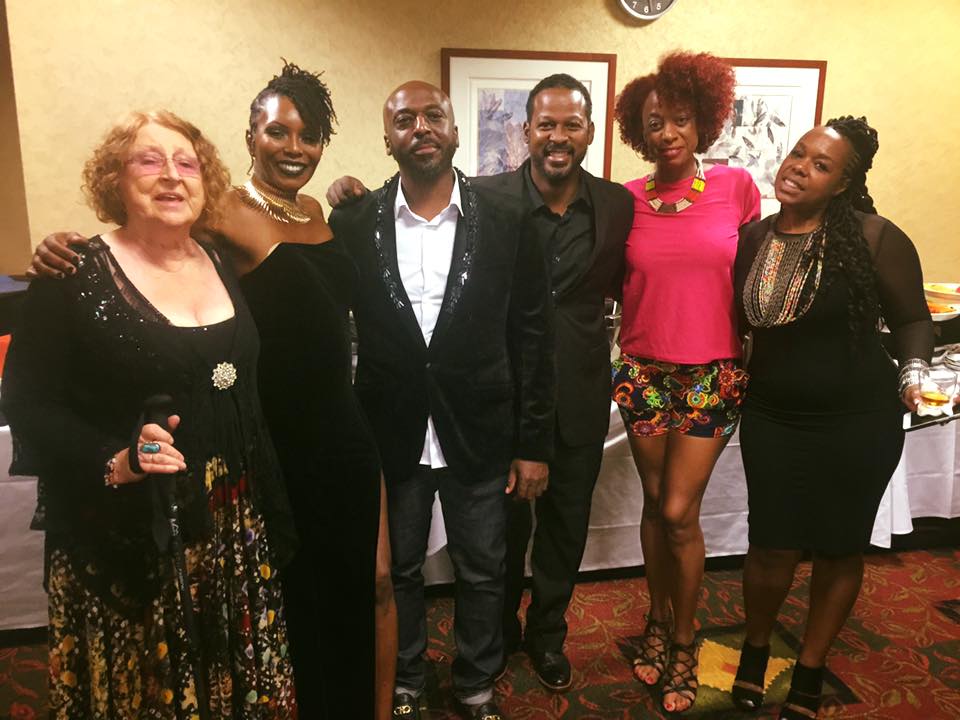I Do It For You

When people start exploring polyamory, their reasons for doing so lay out the initial map for the journey. But what happens when your partner tries to convince you to explore polyamory and you’re not ready? Should you ignore them? End the relationship? Acquiesce? Experienced poly people have tried all of them with mixed results.
The most common response is to shut down the conversation. They may feel that polyamory is against their religion or that the partner is wanting to cheat on them. When the conversation ends before it begins, the partner who initiated it feels like they are not being heard. That partner is likely to continue to be monogamous, but they will feel resentment toward the other partner. The issues that led to the partner exploring polyamory may continue to build until the relationship stops being healthy. All couples, poly or not, benefit from an atmosphere of openness and honest communication. When we know where people stand, we can make better decisions about our future.
Another way to respond is to agree to try non-monogamy. If the initiating partner has not done their homework, this agreement can turn into disappointment and anger. A partner, for instance, may agree to sex with other people, but not cover agreements about sexual health, sex in their home, or how to handle falling in love. When the initiating partner crosses an unspoken boundary, the other partner takes it as a sign that non-monogamy is not working, which is their justification for ending other relationships. It’s important that conversations about polyamory happen more than once. The concept is new to a lot of people, and even people who have heard of it may have misconceptions about polyamorous practice.
The final response from some people is to end the relationship. Though this may seem like a harsh response, it could be healthy for both partners. Some married partners believe that they committed to a lifetime of monogamy. When one partner wants to change that agreement, it makes sense to change the underlying structure. Instead of living unhappily in a marriage, a divorced couple can seek relationships that fit their needs. We encourage individuals to use their agency whether they are choosing polyamory or not.
Polyamory is a complex practice, and we advise you to work on yourself and your current relationship before involving others. Setting boundaries and creating agreements becomes painful when real people and real feelings are involved. Instead of seeing polyamorous relationships as an endpoint, see it as a journey you are on with your partners. What you agreed to may not match your actual wants and needs, or you may change your mind after a particular relationship. Poly relationships are custom-fit to the couple, but that can’t happen without lots of communication. Don’t do it for your partners, do it for you.





